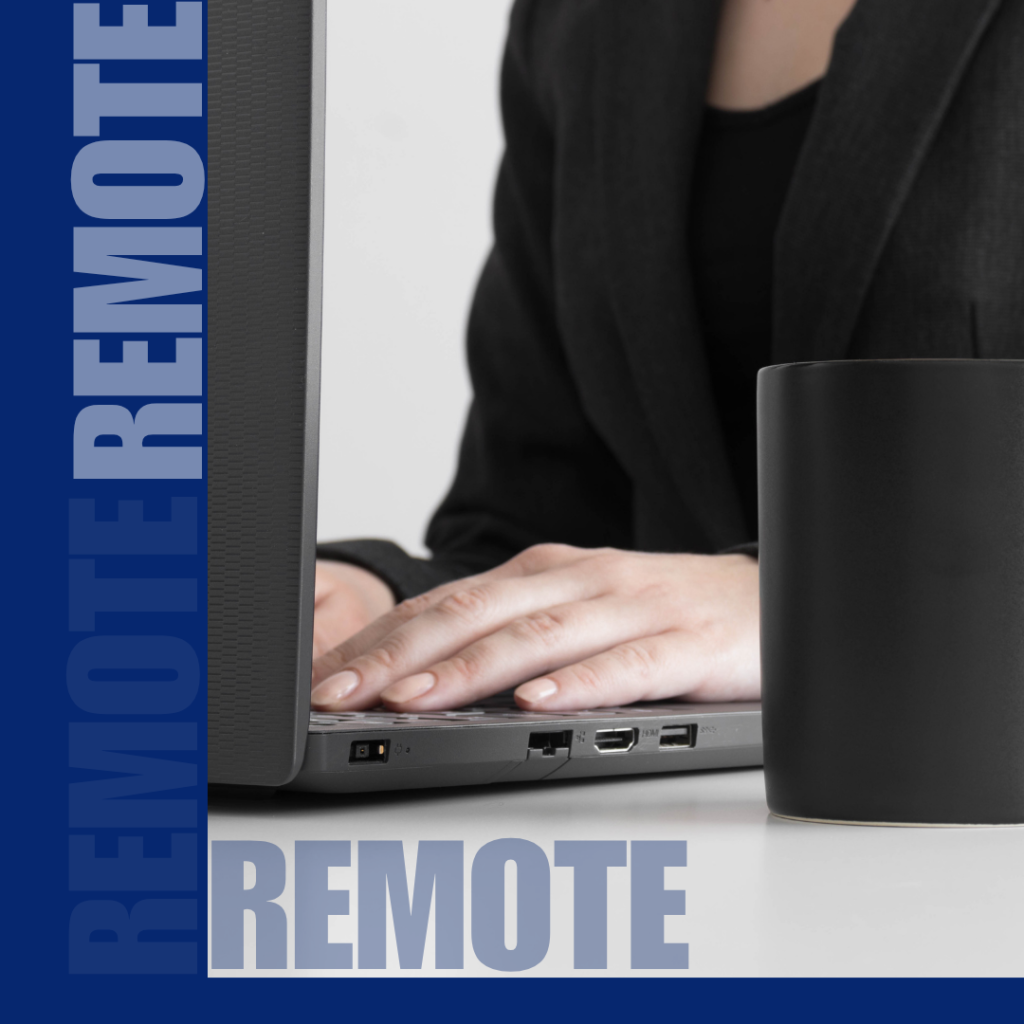
How to Spot Initiative and Responsibility in Remote Candidates During Interviews
Hiring remotely? You’re not alone. And while technical skills are easy to check, initiative and responsibility are harder to read on a screen. But they matter — a lot. Especially when your team works without constant supervision. Let’s break down how to spot these qualities early, before a wrong hire costs you time, energy, and trust.
Don’t Just Ask — Look for Action
Anyone can say, “I’m proactive.” That’s not enough. The goal is to see how they show it in real life. Ask about moments when they solved a problem no one asked them to. Or times they made something better without being told. The key isn’t in the words — it’s in the stories. Look for answers that include real steps, results, and reflections.
If they just say, “I helped the team,” that’s vague. But “I noticed our onboarding docs were outdated, so I rewrote them and shared them with the new hires” — that’s a signal.
Pay Attention to How They Talk About Work
Listen to how they describe past roles. Do they sound like someone who waits to be told what to do? Or like someone who takes ownership?
People who show initiative use words like “I noticed,” “I proposed,” “I started.” They own their results, not just their tasks. They talk about follow-through, not just effort. And when something went wrong, they don’t blame others. They explain what they learned and how they adapted.
Test Their Thinking, Not Just Their Resume
Give them a simple, real-world scenario. Something they might face in the role. Ask what they’d do — not to get the “right” answer, but to see how they think. Someone responsible will ask clarifying questions. Someone proactive will suggest next steps or alternatives. It’s not about being perfect. It’s about showing mindset.
You can also ask what they’d do if a task wasn’t clear or if their manager was unavailable. The answer often tells you how they behave without direct supervision.
Look at How They Show Up
Even before the interview starts, they’re telling you who they are. Did they arrive on time? Was their setup ready? Did they read the job description and your website?
Responsibility shows up in preparation. Initiative shows up in engagement. If they ask thoughtful questions and show real interest in your team, that matters more than a polished elevator pitch.
Don’t Rush the Gut Check
Sometimes it’s tempting to move fast, especially when you need to fill a role quickly. But trust your gut — and then double-check it with evidence. Ask yourself: Did this person show curiosity, drive, and accountability, even in a short call? If not, don’t assume it’ll appear later.
